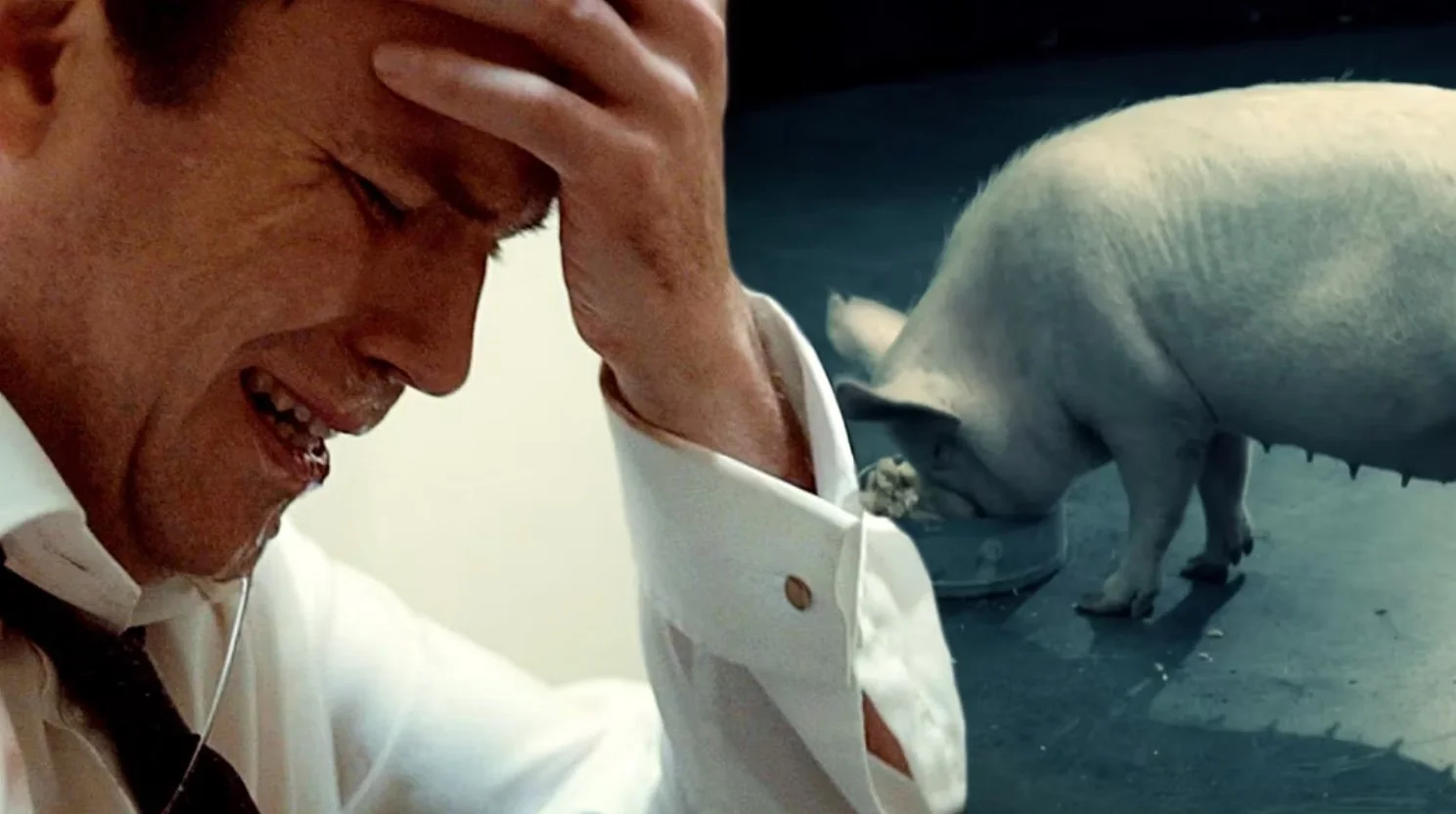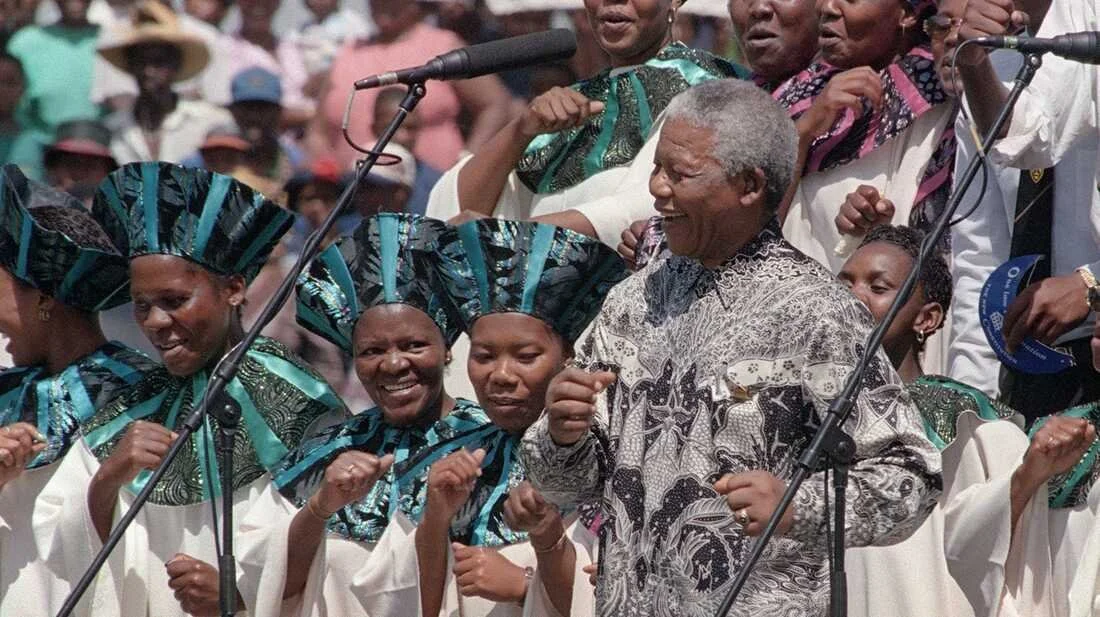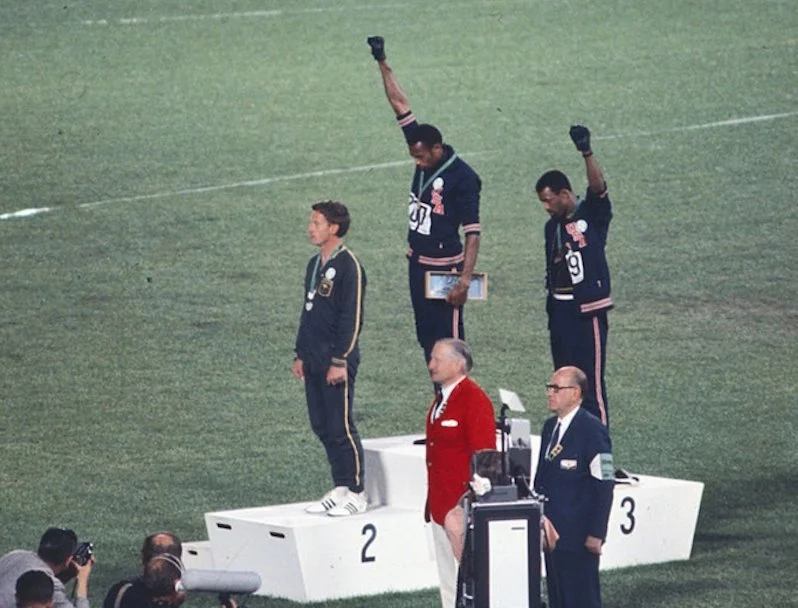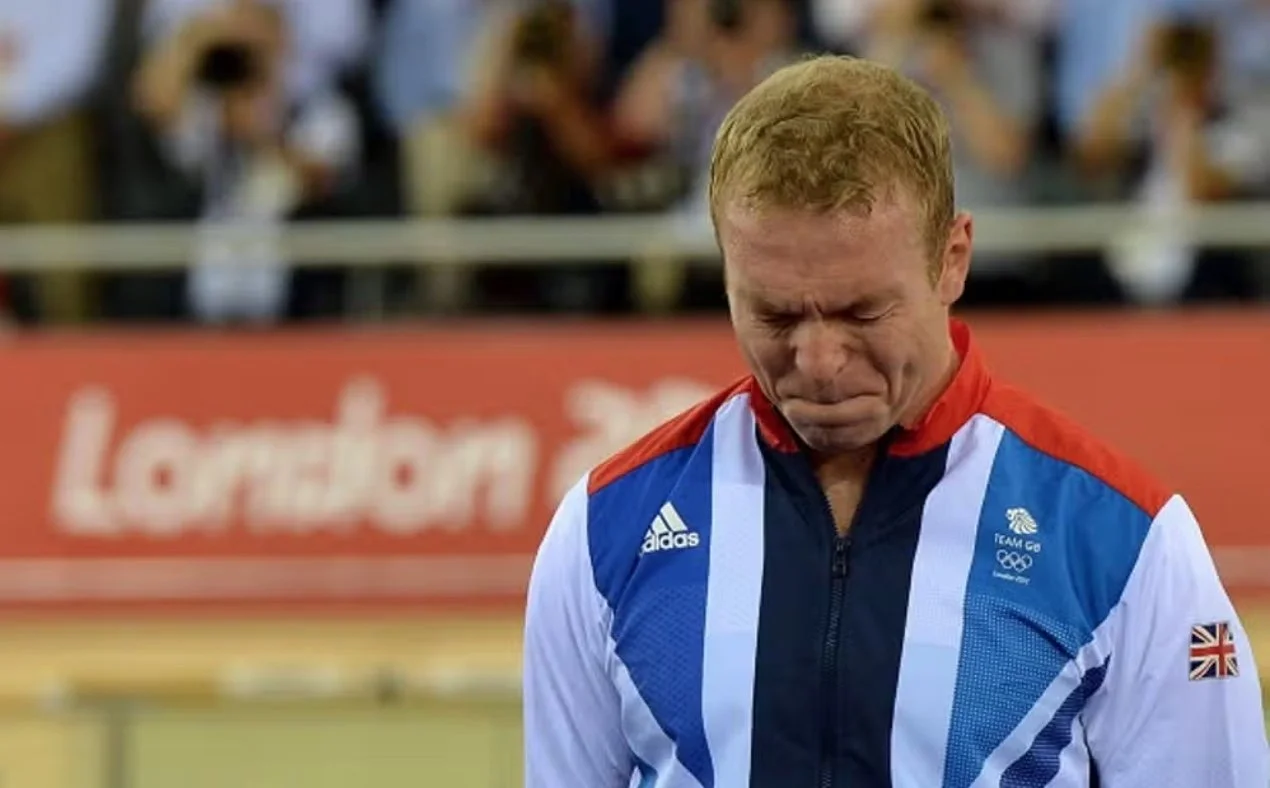By The Landlord
“The one good thing about national anthems is that we’re already on our feet, and therefore ready to run.” – Ocean Vuong, On Earth We're Briefly Gorgeous
“It's time for a new National Anthem. America is divided into two definite divisions. The easy thing to cop out with is sayin' black and white. You can see a black person. But now to get down to the nitty-gritty, it's getting' to be old and young - not the age, but the way of thinking. Old and new, actually... because there's so many even older people that took half their lives to reach a certain point that little kids understand now.” – Jimi Hendrix
“Now, the country is in a terrible state, and you've blamed it on a number of things: Unemployment rate, the value of the pound and all that... well, it's because the national anthem is boring.” – Billy Connolly
“I'm the national anthem / God, you're so handsome / Take me to the Hamptons ... I sing the National Anthem / while I'm standing, over your body / hold you like a python.” – Lana Del Rey
“If you forget the words to your own song, you can always claim artistic licence. Forget the words to the national anthem and you're screwed.” – Lyle Lovett
“There shall be a National Anthem containing incomprehensible words and a high note that normal humans cannot hit without risk of hernia.” – Dave Barry
When it comes to picking a song that truly stirs the soul, sums up and swells wonderfully warm feelings of identity, belonging, cultural heritage, not to mention nation pride, well, that centuries-spanning classic number by the English composer, virginal player and organist John Bull (1562–1628) – God Save The King (Queen), is about as unlikely to do it for me as any piece of music ever written.
But it’s a strange phenomenon, the national anthem. Often so old and obsolete, historically dubious, riddled with racism and references to colonial violence, repression, it's awkward and embarrassing, but channels something deep into our upbringing, and is designed to trip-switch the tribal inside us. After all, it's very good for us to sing something together. It's just a shame that often the song is shit. But why do we all shovel it anyway?
Are the melodies stirring and emotional or bombastic and boring? In bygone days in Britain, and elsewhere, the national anthem would be the compulsory precursor to many public events, even played before every film showing in the cinema, where the audience would stand up with stiff upper lips, and even now it's still played when BBC Radio 4 shuts down for the night after The Shipping Forecast before switching to the World Service. Now listeners must take it lying down.
Played and belted out still at major sports events, it's weirdly powerful, and most of all the winner of a gold medal is blubbering on the podium, but also truly cringeworthy at times. Before a big match TV cameras hover and linger across the faces of players, many staring dead-eyed ahead, trying to hide their confusion, embarrassment and inability to remember the lyrics, or miming very badly. And opposition crowds will often whistle all the way through. Yet somehow these old dirges can still create goosebumps, and it's not from the words but from something far more primitive in the brain, perhaps the melody, the culmination of years of sacrifice and suffering and sweat, of togetherness, of something deeply human.
It seems apt then as the Olympic Games open this week in Paris, a century on from when the French capital last hosted the summer event, that, as many are likely to be played, we examine the strange nature of the national anthem, for better or worse, not merely in versions thereof, but also songs which feature clips or renditions, or lyrically reference or talk about the concept itself even in more general terms.
Music is a mystery why it does this to us. But sometimes when it's not even that of your own country. There's no Gallic past in my family history, but why do I find the French anthem La Marseillaise so moving? Perhaps it's simply because it's a great tune – defiant, plucky, perky, rising to a crescendo, and as noble as the Gallic nose. And never more so than when it comes up in this scene in Casablanca (1942), filmed while Paris was actually occupied by the Nazis, in which extras in the bar scene were French citizens, but especially, far more so than the big stars Bogart and Bergman, French actress Madeline Lebeau (as Yvonne) on whose face there's a superbly shot close-up and was the last cast member to die in 2016. The tears are real when she sings, and then shouts Vive La France! It expresses defiance, bravery, and life-affirmation. What’s your favourite version? This one gets me every time. Now I have something in my eye ...
But not everyone hears these songs in the same way. The English philosopher and reformer Jeremy Bentham, founder of modern utilitarianism ("it is the greatest happiness of the greatest number of people that is the measure of right and wrong"), you'd think would be a prime candidate for measuring the effects of any national anthem. He was even declared an honorary citizen of France in 1791 in recognition of his sympathies for the ideals of the French Revolution, but didn't like La Marseillaise much at all. He contrasting its qualities with the "beauty and simplicity" of God Save the King, and wrote in 1796:
“The War whoop of anarchy, the Marseillais Hymn, is to my ear, I must confess, independently of all moral association, a most dismal, flat, and unpleasing ditty: and to any ear it is at any rate a long winded and complicated one. In the instance of a melody so mischievous in its application, it is a fortunate incident, if, in itself, it should be doomed neither in point of universality, nor permanence, to gain equal hold on the affections of the people.”
Can't win 'em all then. La Marseillaise is also a prime example of the contradiction of this genre and where melody is almost always more timeless than lyrics. It was written in 1792 by Claude Joseph Rouget de Lisle in Strasbourg after the declaration of war by France against Austria, and was originally titled Chant de guerre pour l'Armée du Rhin (War Song for the Army of the Rhine):
Allons enfants de la Patrie,
Le jour de gloire est arrivé!
Contre nous de la tyrannie
L'étendard sanglant est levé, (bis)
Entendez-vous dans les campagnes
Mugir ces féroces soldats?
Ils viennent jusque dans vos bras
Égorger vos fils, vos compagnes!
Arise, children of the Fatherland,
The day of glory has arrived!
Against us stands tyranny
Her bloody standard has been raised, (repeated)
Do you hear, in the countryside,
The roar of those ferocious soldiers?
They come right into your arms
To tear the throats of your sons, your wives!
And here's the chorus:
Aux armes, citoyens,
Formez vos bataillons,
Marchons, marchons!
Qu'un sang impur
Abreuve nos sillons!
To arms, citizens,
Form your battalions,
Let's March, let's march!
So that an impure
blood waters our furrows!
That’s actually pretty brutal. There are multiple versions, changing over history, of such lyrics of the French and many other national anthems. Perhaps it's best when you don't understand the words. After all, pop music works this way - and often when the lyrics make no sense at all. It’s the tune, the feeling, the emotion the structure. But the best, as in the French example, are perhaps forged out of popular song when a nation creates a state of independence from a monarch or dictator, and is about the people and the place, not the leader.
National anthems seem to capture the contradictions of nations and of people, of how we behave in private and in public, how we can have many identities. Within the British Isles there's the official national anthem of the United Kingdom, but many other popular unofficial ones, such as Jerusalem, an odd if rather stirring quasi-religious one popular at cricket and rugby matches, from William Blake's poem and music by Hubert Parry, to the somewhat now ironically defunct Rule Britannia!, and Land of Hope and Glory. The nations within our nation of course have their own favourites, from Scotland's The Flower of Scotland to Welsh voices with Hen Wlad Fy Nhadau (Land of My Fathers), both, in my opinion, far more characterful of the home nations than God Save The King. In Northern Ireland there's always ongoing political division over this, and Danny Boy has become an unofficial anthem, its lyrics also used in Londonderry Air.
But if national anthems evolve out of popular song, perhaps some time in the future a version based on the tune from The White Stripes’ Seven Nation Army will work its way into officialdom, so popular and international has it become in scenes of sporting celebration all over Europe especially but as far as Melbourne.
Does the New Zealand haka count as a national anthem? As a ceremonial dance and song universally taught in schools and performed at big matches, it's certainly unrivalled in its passion, heart and ferocity. Who can not feel stirred by this?
But what does the term national anthem mean? Perhaps that's something that can also be defined through song nominations. Taking a darker twist, the very first episode of Charlie Brooker's Black Mirror played on the idea when it was aired in 2011 on Channel 4. The National Anthem, as Brooker puts it, “was a caustic satire and sometimes that's the way to go with the story rather than me being particularly misanthropic”.
The title ironically refers both to the official national anthem God Save the Queen and Radiohead song of the same title. In the episode a fictional young princess from the British royal family is kidnapped and it appears she will only be released if the fictional British prime minister Michael Callow (played brilliantly by Rory Kinnear) has sex with a pig on live television. One hopes that no animal was abused in the making of the programme’s simulation, and the unfortunate PM is dramatised as sweaty scene of excruciating climax. The point of the plot was less about the act itself, more about cultural corrosions, national obsessions and media distraction away from what is really important. It foresaw many situations to come and the growing influence of social media. And the extra irony that it was later compared to the so-called “Piggate” scandal, an anecdote published in the 2015 biography Call Me Dave, which alleged that British Tory prime minister of the time, David Cameron, to whom Kinnear's portrayal has certain comparisons, had placed a "private part of his anatomy" into a dead pig's head as part of a posh public school initiation rite at Oxford University. Ouch.
Piggin’ hell: Rory Kinnear as the prime minister in a biting satire of national identify in the first episode of Black Mirror, The National Anthem
National anthems in theory capture the character of a nation, though hopefully not as perennial pig-fuckers.
But whether it's through mass media or otherwise, musically there's a gradual homogeneity of style leading to gradual westernisation when it comes to national anthems. Listen to any compilations online played by orchestras, or brass bands, and they all begin to sound the same.
Or do they? Dig deep and there are some truly stupendous tunes to be found still buried. Try for example, the fabulous anthem of Buryatia, a republic in the far east of Russia, formerly part of the Siberian Federal District, a remote region where perhaps life can be rather tough. But out of that true beauty can be found. It includes poetic lines such as:
"A spirit of cranberry, a breath of cherry, infusion of violet rosemary!"
But in such anthems where something rises above politics, better known is Japan's anthem, Kimigayo (君が代). The current melody is current melody was chosen in 1880, replacing an unpopular melody composed by John William Fenton in 1869. Written by Yoshiisa Oku and Akimori Hayashi (arranged by Franz Eckert), it's the words that are most striking because they date back to a waka poem written by an unnamed author in the Heian period (794–1185), with these rather evocative lines:
May your reign
Continue for a thousand, eight thousand generations,
Until the tiny pebbles
Grow into massive boulders
Lush with moss
Perhaps the most hybrid of all anthems is that of South Africa. A country with a dark history that underwent change under the the great Nelson Mandela, the current one was agreed in 1997 and combines extracts of the 19th century Xhosa hymn "Nkosi Sikelel' iAfrika" (God Bless Africa) and the Afrikaans song that was used as the South African national anthem during the apartheid era, "Die Stem van Suid-Afrika". A real rainbow nation anthem, he lyrics employ the five most widely spoken of South Africa's twelve official languages – Xhosa (first stanza, first two lines), Zulu (first stanza, last two lines), Sesotho (second stanza), Afrikaans (third stanza), and English (final stanza).
Nelson Mandela and choir with one of the most rainbow of national anthems
National anthems, then, can be beautiful or truly awful. Sometimes renditions can be controversial. Jimi Hendrix and The Star Spangled Banner is an obvious example, but from sublime skill and fire, to ear-splitting awfulness few rival Roseanne Barr's attempt when stepped up to the microphone at a San Diego Padres game in 1990. Johnny Carson later said: “The closest thing to Roseanne Barr's singing the national anthem was my cat being neutered.”
Even great singers can attract controversy. Beyoncé Knowles infamously turned out to have mimed a recording of her own voice at Barack Obama's presidential inauguration, not because she couldn't sing it just as she seemed to have done, but because it was too important an occasion to mess it up. The pressure to get it right is intense, as Lyle Lovett has already told us. And here's actor Hugh Jackman on the subject:
“The most scared I'd ever been was the first time I sang at a rugby match, Australia versus New Zealand, in front of one hundred thousand people. I had a panic attack the night before because people have been booed off and never worked again... just singing one song, the national anthem.”
Tears or controversy? National anthems attract both especially at the Olympic Games. Sometimes sports stars can have an effect on the song by not singing at all, just standing there:
The Black Power salute by Tommie Smith and John Carlos at the 200m medal ceremony during national anthem at Mexico 1968
A different sprinter, this time on two wheels: Chris Hoy during the medal ceremony at London 2012
Another area to explore on this topic is songs and pieces of music which adapt national anthems. Classical composers have done this extensively to evoke battle scenes or other moments in history, as well as incorporating folk tunes into the grander scale of their work. Beethoven has used God Save The King a tune that in fact has been adapted for many European nations. Tchaikovsky's incorporated it too, as well as La Marseillaise, and other examples can be found in compositions by Verdi, Sibelius, Sergei Bortkiewicz, Carl Czerny, Henryk Wieniawsky, Bedrich Smetana and others. Is the Austrian anthem, for example, actually composed by Mozart?
So it's a vast subject with many nations, styles and perspectives to explore and throws up many questions, such as, what has happened to the beautiful Afghanistan anthem? How are Arabic anthems represented in the west? How has Germany's Das Deutschlandlied been used in other songs? So now, learned Song Bar punters, it’s your turn to go around the world and see what musical medals can be won. Chief refereeing this week comes in the watchful eyes and ears of the skilful Severin! Place your nominations in comments below for the deadline at 11pm UK time on Monday. It's all about the taking part, of course, but let's hope everyone's a winner.
New to comment? It is quick and easy. You just need to login to Disqus once. All is explained in About/FAQs ...
Fancy a turn behind the pumps at The Song Bar? Care to choose a playlist from songs nominated and write something about it? Then feel free to contact The Song Bar here, or try the usual email address. Also please follow us social media: Song Bar Twitter, Song Bar Facebook. Song Bar YouTube, and Song Bar Instagram. Please subscribe, follow and share.
Song Bar is non-profit and is simply about sharing great music. We don’t do clickbait or advertisements. Please make any donation to help keep the Bar running:





